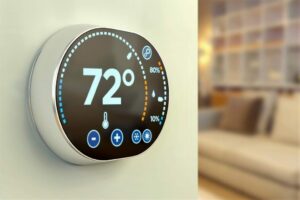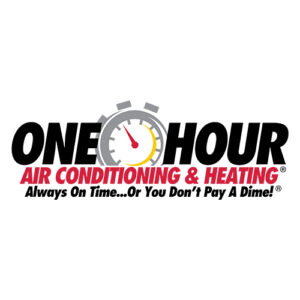Getting Your HVAC Ready for Seasonal Changes
Look, I’ll be straight with you I’ve seen way too many homeowners get caught off guard when the weather suddenly shifts. One day you’re cranking the AC, and the next week you’re scrambling to figure out why your heater won’t kick on. Trust me, it happens more often than you’d think.
After years of emergency calls that could’ve been prevented, I’ve learned that a bit of preparation goes a long way. Seasonal changes doesn’t mean your HVAC system needs to be a source of stress . Let’s walk through some simple steps to keep you comfortable all year round.
Take a Walk Around Your Home First
Before you even think about touching that thermostat, do yourself a favor and take a quick tour of your house. I’m talking about a real look, not just glancing at things as you walk by. Check your vents. Are they blocked by furniture or covered in dust? Peek at your outdoor unit. Are there any leaves or debris piled up around it?
And here’s something most people miss, listen to your system when it runs. Does it sound different than usual? Are there any weird smells coming from the vents? These little warning signs are your system’s way of asking for help. Pay attention to them now, you’ll save yourself a headache later.
The Filter Situation (Yes, It’s That Important)
I can’t tell you how many service calls I’ve been on where the problem was simply a clogged filter. It’s like trying to breathe through a straw—your system has to work twice as hard to push air through all that trapped dirt and dust.
Here’s the thing about filters, they’re cheap insurance. Most homes need a new one every one to three months, but if you’ve got pets or someone with allergies, check it monthly. Right before the season changes is the perfect time to swap it out. Your energy bill will thank you.
Don’t Forget About Your Thermostat Settings
You’d be surprised how many people forget to adjust their thermostat schedules when the weather changes. If you set it up for summer comfort, those settings won’t work when fall rolls around.
Take a minute to update your programmable or smart thermostat. Double-check that the time and date are correct, too. I’ve seen systems running on the wrong schedule for months because of a simple setting error.
Give Your Outdoor Unit Some Space
Your outdoor condenser unit is trying to breathe, and all that stuff piling up around it makes its job harder. Leaves, grass clippings, and general yard debris love to collect around these units, especially during seasonal transitions.
Clear at least two feet of space around the entire unit. If you notice dirt caked on the fins or coils, that’s when you want to call a professional. Those components are more delicate than they look, and the wrong cleaning approach can cause expensive damage.
Test Run Before You Need It
Here’s some advice to save you from a miserable night, don’t wait until the first cold snap to find out your heater isn’t working. The same goes for your AC in spring. Give your system a test run early in the season. Turn it on, let it run for a while, and pay attention to how it feels. Weak airflow? Strange noises? If something doesn’t seem right, it probably isn’t. Getting ahead of problems gives you time to fix them before you’re desperate.
Why Professional Maintenance Matters
Look, I get it. Nobody wants to spend money on something that’s “working fine.” But here’s what I’ve learned after years in this business, the systems that get regular maintenance are the ones that don’t leave families shivering in January or sweating in July.
During a seasonal maintenance visit, a good technician will check refrigerant levels, test your thermostat, clean blower components, and inspect all the parts that keep your system running smoothly. They’ll also spot small issues before they become big, expensive problems.
When to Pick Up the Phone
Some warning signs shouldn’t be ignored. If your system is blowing weak air or no air at all, there’s a burning smell from the vents, or your energy bill suddenly jumps, it’s time to call for help.
If your thermostat stops responding, your outdoor unit runs constantly even in mild weather, or you hear banging or buzzing when the system starts up. These aren’t things that fix themselves—they usually get worse with time.
Final Thoughts
Seasonal changes are tough on HVAC systems, especially with rising humidity and drramatic temperatures swings in just a few days. But with a little attention at the right times, you can avoid most of the headaches that come with weather transitions.
Your system works hard for you year-round. Give it some care when the seasons shift, and it’ll keep you comfortable while keeping your energy bills reasonable. It’s really that simple.
